Hayfever
image from unsplash
Spring in Canberra is a glorious time, with delicate blossoms and sunny wattle putting on a show, the days lengthening and warming up. Except, of course, if you’re a hayfever sufferer, in which case sneezes, red sniffly noses and teary eyes are the norm. If you’re one of the unlucky 15% or so who suffers from hayfever there are things you can do other than hide in your room, to ease the discomfort.
What is hayfever?
Hayfever is an immune system overreaction to stimuli in your environment. It can be triggered by dust mites or animal hair, however if your hayfever is seasonal it’s likely to be air born pollens which proliferate in spring and trigger an inflammatory immune response in your delicate mucous membranes.
What can you do about it?
Steroidal nasal sprays and oral antihistamines are the standard drug-based approaches however if your curious about what else you can do to support your body rather than just suppress the immune response this is for you.
Stress
Combating stress is one of the biggest levers you have at your disposal to support a healthy immune response. Remember hayfever indicates your immune system is struggling to differentiate a benign pollen from a nasty virus. If you can regulate your nervous system, you reset your immune system. You might need help to tackle your stress, but equally you might be able to help yourself by getting better quality sleep (e.g. stop scrolling on your phone and read a book to unwind at night), exercise more (indoors preferably!) to clear tension, and nurture your emotional health by talking to friends and family or seeking professional support.
Eat & Drink
Inflammatory foods will worsen if not be co-factors in burdening your immune system and leaving you vulnerable to hayfever. Dairy is a wonderfully nutritious food if you can tolerate it, if you have hayfever, chances are you’d be better without it, sorry! The same applies to gluten containing grains, not to mention excessive alcohol, sugar and processed foods.
It’s springtime anyway so it’s a good time to consider a detox featuring lots of quality vegetables, healthy proteins as well as plenty of hydration. Being dehydrated actually makes you more at risk of the histamine reaction you’re trying to stop so keeping your fluids up is crucial. Another strategy some find helpful is eating local honey, which can safely familiarise their immune systems to local pollen species and thereby minimize hayfever reactions.
More
There are many natural therapies that can help if dietary and lifestyle tweaks don’t make a difference.
Acupuncture can help with stress, soothing sinus congestion and a restoring a healthy immune response. Many people use it seasonally to help them through.
Naturopathy can assist with herbs and supplements that focus on soothing irritated mucous membranes and decongesting swollen sinuses. It can also assist with gut health to build long term immune function and resilience.
There are many home remedies from ginger and garlic to fenugreek tea and so on. If they work for you that’s wonderful but what works for one doesn’t necessarily work for others so I always encourage people to seek advice from a herbalist who can find the right herbal medicine for your own unique needs.
Written by Wesley Smith

